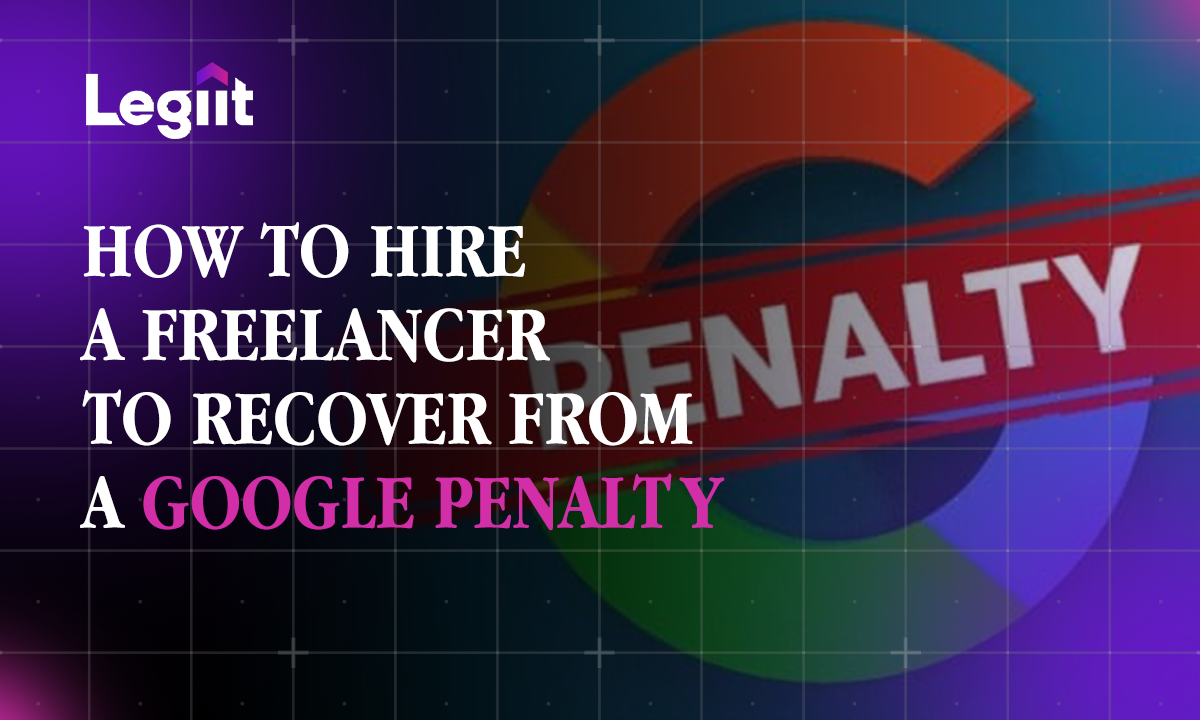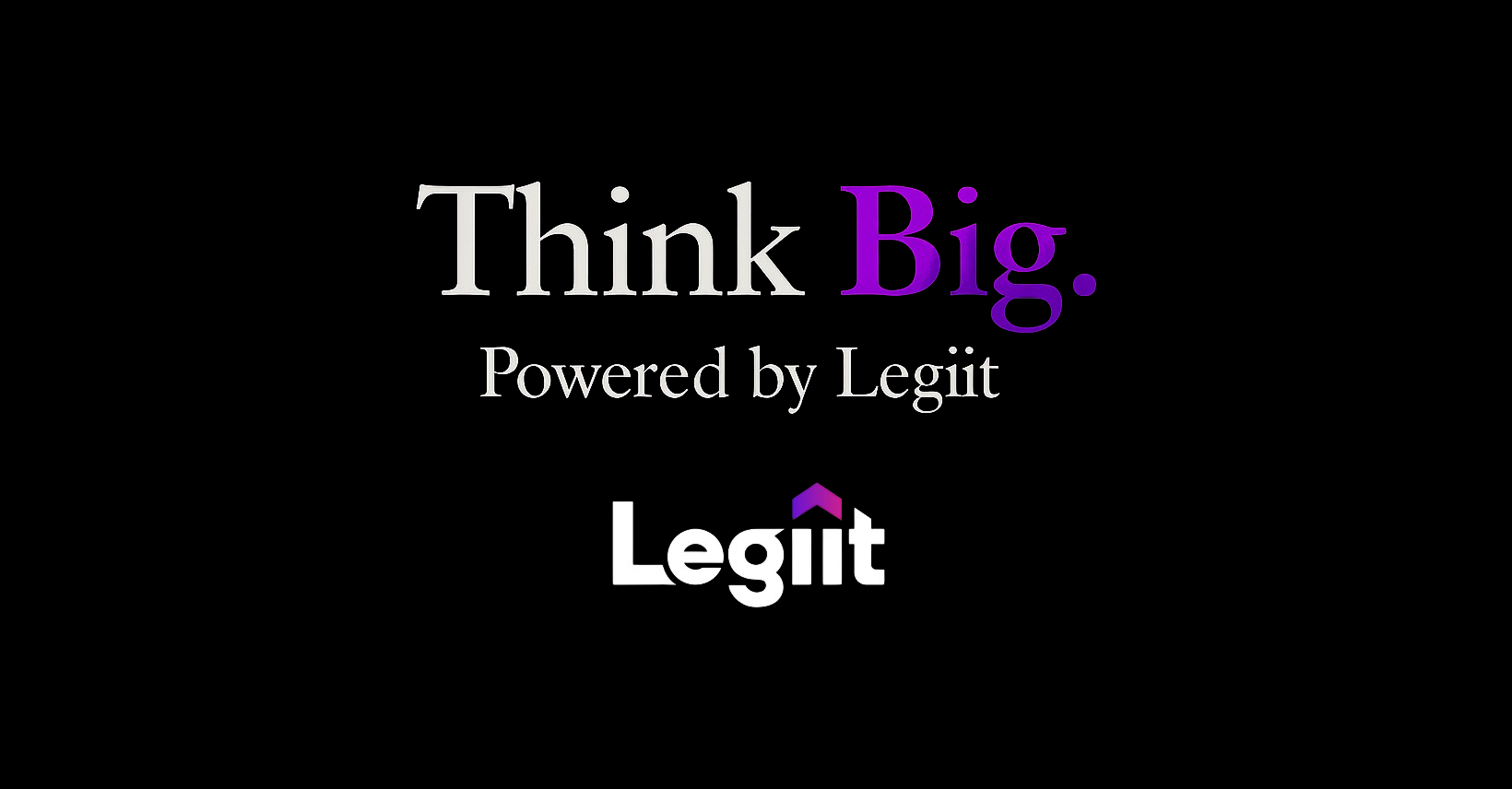
One of the questions that many people venturing out into the world of freelancing often ask is: is this the same as running your own business or being self-employed. We’ve done a bit of research and broken down the main differences both legally and technically.
Today, the number of non-traditional workers have almost quadrupled compared to just a decade ago, which has blurred the lines a bit. That’s why many people aren’t sure if being self-employed is the same as being a freelancer. Even though “yes” being a freelancer is like being self-employed, especially legally speaking, there are a couple of nuances that freelancers, in particular, should be aware of.
Sure, all freelancers are technically self-employed, but not all self-employed people can label themselves freelancers. OK, we know this is getting a little complicated, but you’ll know exactly what we mean once you understand the key differences.
Working as a self-employed individual compared to as a freelancer is slightly different depending on who you are working for, your commitment, and what you might be selling, amongst a few other things. That’s why to help you wrap your head around all of this we’ve gone into a bit of nitty-gritty for both terms, followed by outlining the key differences between both in this article.
Defining Self-Employment
The meaning of being self-employed often means that you don’t have what’s defined as a traditional job. Self-employed people mainly have their own business, which means that they have a degree of autonomy with who they work with and how they work.
Unlike those in traditional jobs, self-employed individuals decide what they want to do, set their own hours, and decide how to work. Sure, freelancers also do the same thing, especially in the way of how they operate. However, most self-employed people aren’t taking instructions from clients.
Self-employed people aren’t nailed down to how they do and what they do by a client. That’s why entrepreneurs, business owners, and start-ups usually fall into this category. In other words, self-employed people will call the shots and may hire employees or even freelancers to work for them.
Here is a quick example for people in the digital marking world: Stanley starts a social media management business and hires a freelance writer, an SEO specialist, and an ad manager to run these aspects of his business. Stanley tells his freelancers how to do their job and outlines a schedule, but he only works when necessary.
Defining Freelancing

Freelancing today is often associated with the gig economy, which is undoubtedly part of it but isn’t all of it.
Freelancers are in many ways their own bosses, and they are also self-employed. However, the major difference is that the former can take on multiple jobs, usually from multiple clients.
As a freelancer, you have the remarkable ability to switch from one client to the next and juggle multiple clients at the same time. On the other hand, self-employed workers mainly focus on doing the same work every day, i.e., running their business and making money from the products they make or the services they provide.
However, as mentioned earlier, freelancers need to answer to clients, unlike self-employed individuals. Freelancers need to follow orders, and while they might have a great deal of autonomy, it isn’t as much as a self-employed individual.
Here is an example that many freelancers may relate to: Charlie is a freelance writer based in Brooklyn, NY. He has six clients who hire him for various writing projects, i.e., web content, product description writing, social media posts, etc. However, his clients control what they want, but how he does it is up to him.
Is Being a Freelancer Better Than a Self-employed Individual?
Well, like everything else, it depends a great deal on who you are and what you do for a living. Workers can achieve a lot of success as a freelancer or even as self-employed individuals. One isn’t necessarily better than the other. However, freelancers tend to get a lot of flack mainly because of how they operate. Here are a few:
- Freelancers don’t come across as being professional – Yes, freelancers and self-employed people are business owners, but why don’t both people get the same amount of respect? Many clients hold businesses that have a walk-in office a lot higher, which helps these businesses build more credibility over time than, let’s say, an online business. Even though both businesses are equally valid. That said, perceptions are changing, but it might take a while before freelancers based online and businesses with a physical walk-in office are considered equal.
- Just about anyone can call their operation a business – It is true that anyone who can create a website and has the ability to offer a service refers to themselves as a business. That’s why some clients cannot tell them apart, i.e., which are real and which aren’t. Many non-professionals are diving into the professional marketplace, which makes finding someone who is a real master of their craft extremely challenging.
- Being a freelancer is a hair easier – Today, it is easier to become a freelancer than ever before. Thanks to platforms like Legiit, which handles the heavy lifting of advertising, marketing, and getting the word out. All freelancers need to do is create a service that they can honestly offer, craft a killer sales page for their service and do the work.
Many people consider money to be a measure of success. If that’s how you measure being successful, then it does not matter if you’re freelancing or maybe are self-employed. In fact, there are thousands of freelancers making more money than many self-employed workers who talk about building a business from the ground up. The key is to offer a quality service, and you’ll have clients lining up.
Freelancers Are Usually Lone Wolves

Freelancers are typically people who work alone. On the other hand, the self-employed are more likely than not to hire a few people to run aspects of their business. That’s not because freelancers lack the financial capacity to hire people but because self-employed people are usually entrepreneurs.
Freelancers can offer various services to a pretty broad range of clients; self-employed individuals tend to focus on building a business. Since the intention is to grow the business, that’s where having more people comes in.
Here are two examples of freelancers and the self-employed that many on Legiit will be able to relate to:
- Example 1 – Freelancer: Peter works as a freelance writer and takes on a laundry list of writing jobs, mainly on Legiit. Since he writes 100% of all the content, and Legiit handles the marketing, he does not need anyone else to handle aspects of his work.
- Example 2 – Self-Employed: Jack is a self-employed writer who owns a content writing agency. To offer the service, he has to have a dozen writers on staff and take on multiple projects each day. While his writer handles the writing, Jack takes care of bringing in clients, negotiating pricing, advertising, and marketing. While Jack, like Peter, may also be on Legiit, they can handle more work with quicker turnaround times.
No Differences In Taxes
When it comes to taxes, both the self-employed and freelancers need to handle them the same way. If you are a freelancer in the US, the IRS or Internal Revenue Service considers you to be a self-employed individual. That means once you start making money or an income, you need to file taxes as if you were running any other business. However, the additional step for freelancers is to get many 1099-MISC forms for every client they take on.
In addition to paying income tax, both parties (freelancers and the self-employed) also need to pay self-employment tax, which is 15.3%. The tax goes towards Social Security and Medicare, both of which are deducted from most employees’ paychecks. The amount also includes the employer’s taxes. However, as a freelancer or person who is self-employed, you are considered by the IRS as both an employee and an employer!
Conclusion – Which One Should You Be?
In our freelancer vs. self-employed discussion, we’ve gone over just about everything you’d need to choose between the two. As mentioned earlier, what you choose mainly depends on the type of person you are and what work you are comfortable doing. For some people getting into freelancing is a great first step toward being self-employed. In fact, many people become business owners this way.
As a graphics artist or more specifically a web designer, you might start as offering a service on Legiit as a freelancer, offering your service to several dozen clients at a time to have your own company ultimately and then be self-employed. Speaking of Legiit, it is home to many self-employed people who use the platform to sell many services.
Also, some self-employed people, like perhaps a gym owner, may also freelance as a consultant online, drafting diet plans and exercise regimes for clients. So, you can just as easily be one or the other, or both if that’s what you choose.












 Download
Download